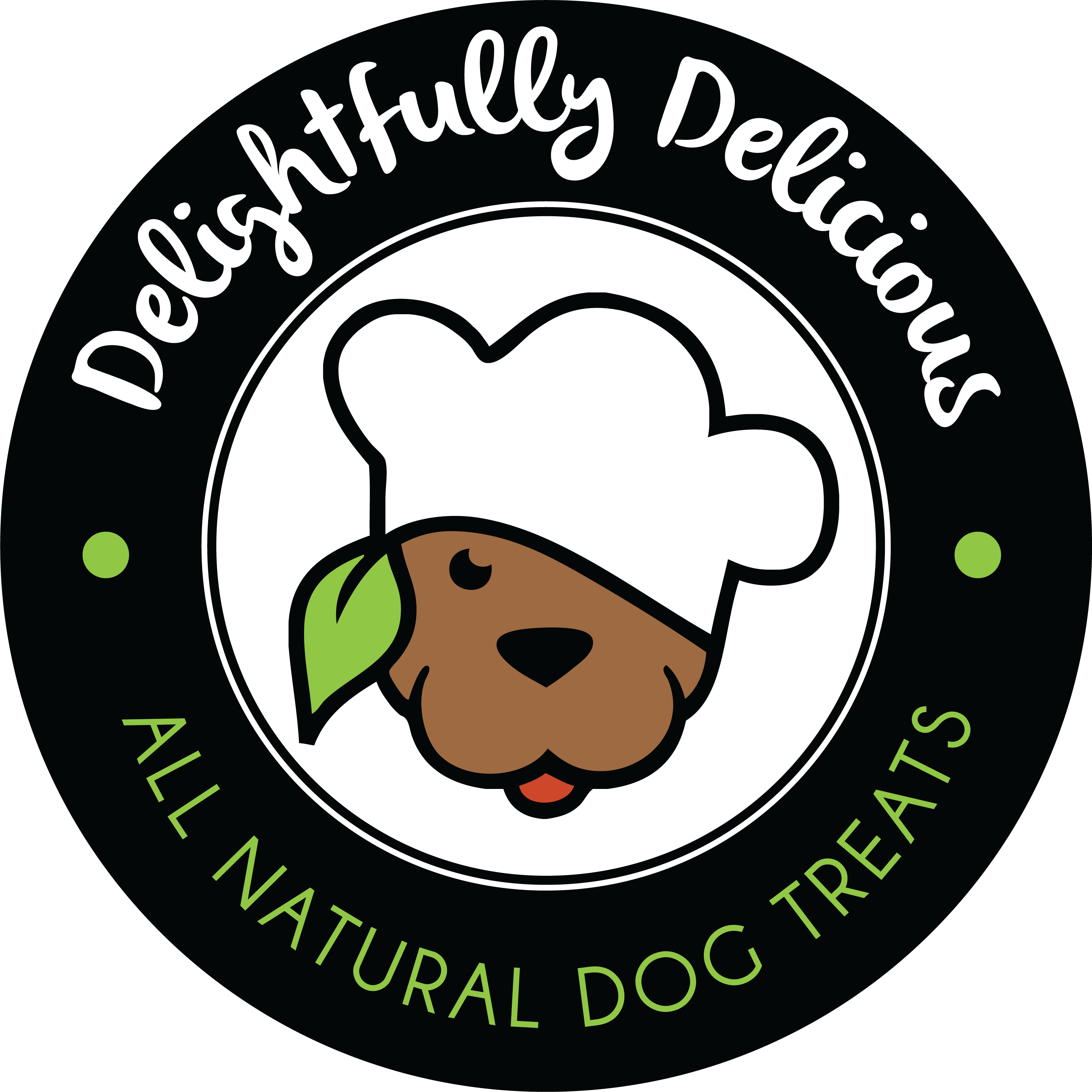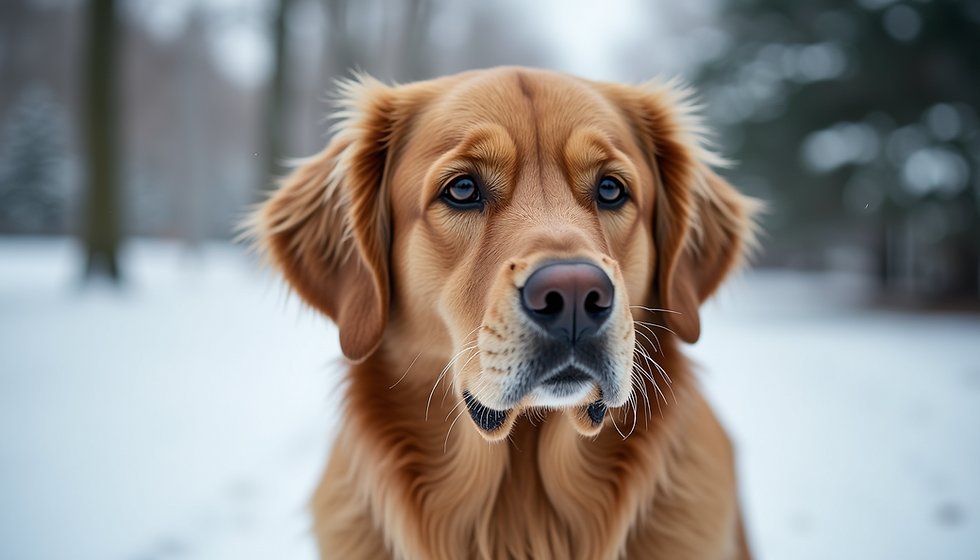Understanding Dog Breath: Causes and Solutions
- Brett Brumm
- May 1
- 3 min read
Updated: Jul 1
Let's be honest: sometimes our beloved canine companions don't have the freshest breath. While a little "doggy breath" might seem normal, persistent or particularly offensive odors can indicate underlying issues. Ignoring your dog's bad breath isn't just unpleasant for you; it could be affecting their health and well-being.
Common Causes of Bad Dog Breath
So, what are the sneaky culprits behind that less-than-kissable mouth? Here are some common reasons for your dog's bad breath:
1. The Usual Suspect: Dental Disease
Just like us, dogs can accumulate plaque and tartar buildup on their teeth. This bacteria-laden film not only causes bad breath but can also lead to gum disease, which can be painful, result in tooth loss, and even affect their internal organs over time.
2. Dietary Dilemmas
What your dog eats plays a significant role in their breath. Certain low-quality foods with excessive fillers or by-products can contribute to digestive upset and, consequently, bad breath. Dogs that raid the trash can or unearth buried treasures may also develop unpleasant mouth odors.
3. Gut Troubles
An imbalance in your dog's gut microbiome can manifest as bad breath. Issues like indigestion, food sensitivities, or more serious gastrointestinal problems can all contribute to unusual mouth odors. When your dog's gut isn't functioning optimally, it can lead to odorous consequences.
4. Something Stuck
Curious dogs often get into all sorts of trouble! Small pieces of food, hair, or other debris can become lodged between their teeth or in their gums, leading to bacterial growth and a foul smell. Regular check-ups can help prevent this.
5. Underlying Health Conditions
In some cases, persistent bad breath can signal a more serious health issue, such as kidney disease, liver disease, or diabetes. These conditions can produce specific odors that should be recognized and treated promptly.
What Can You Do About It?
The good news is that you can significantly improve your dog's breath with a few proactive steps:
Establish a Dental Care Routine
Regular tooth brushing is the gold standard! Use a dog-specific toothbrush and toothpaste, as human toothpaste can be harmful. Dental chews and water additives can also help reduce plaque and tartar buildup.
Choose High-Quality Food
Opt for a balanced, nutritious dog food made with wholesome ingredients. Avoid low-quality foods that can lead to digestive issues and bad breath.
Monitor Their Habits
Keep an eye on what your dog tries to eat or bury during walks and around the house. This can help you identify any bad habits leading to foul odors.
Regular Vet Checkups
Your veterinarian can identify and address any underlying health issues contributing to bad breath. They can also provide professional dental cleanings when necessary.
Consider Probiotics
If gut health is a concern, consult your vet about whether a dog-specific probiotic might be beneficial. Promoting gut health can improve your dog's overall well-being, including their breath.
Importance of Oral Hygiene
Maintaining your dog's oral hygiene is crucial for their overall health. Regular brushing not only helps with fresh breath but also prevents more serious dental issues. You can make this routine enjoyable by introducing flavored toothpaste that your dog loves.
Additional Tips for Fresh Breath
There are several additional practices that can help keep your dog's breath fresh:
Regular Chews: Provide dental chews designed to reduce plaque and tartar. These can be great for maintaining oral health while giving your dog something to enjoy.
Hydration: Ensure your dog has access to fresh water. Dehydration can lead to bad breath, and keeping them hydrated helps flush out bacteria.
Homemade Treats: Consider making your own healthy dog treats. Use ingredients that promote good oral health, such as carrots or pumpkin.
Conclusion
Don't just dismiss your dog's bad breath as a normal "dog thing." By paying close attention to their oral hygiene and overall health, you can ensure they enjoy a fresh, healthy mouth. This way, you can also enjoy many more close-up cuddles.




Comments